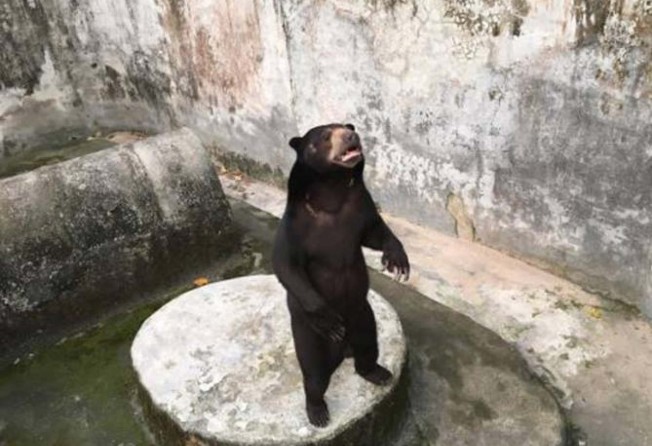
‘Hell on earth’: Zoo in Thailand long accused of animal abuse finally closes, but what will happen to the animals?
- Phuket Zoo’s closure was brought about by a lack of custom during the Covid-19 pandemic, but many believe it should have shut down long ago for ethical reasons
- The tigers, bears and elephants will all be moved to new homes - though funds are still required - but the fate of the other ‘inmates’ remains unknown

“Victory” declared the headline on a December 23 news report posted on the Peta Asia website. “Phuket Zoo Is Finally Closing Its Doors.”
Financial troubles brought about by the lack of custom during the Covid-19 pandemic has been the reason given by the owner for closing the zoo, but if the many reports of animal abuse are to be believed, it should have been shut down long ago, for ethical reasons.
Even if you discount the September claim by a John S – his only apparent contribution to TripAdvisor – that he visited the zoo and witnessed a dying monkey being forced to smoke a cigarette, comments from many others on the travel advice website paint a grim picture.
“On 1st steps into this place you are greeted with a sense of despair,” wrote Gretchen Y, in March 2020. “The 5 tigers weren’t drugged however were chained as were the 2 elephants whose daily task was to play soccer for the audience. The staff here were ALL on their asses playing with their phones!!! NO initiative to clean or tidy or give fresh water to animals.”

The damnation continues for page after page: “Crocodiles show was on 2 men dragging them into filthy green water and putting sticks in their mouths forcing their mouths open” (teddyEssex, December 2019); “I saw a worker punch an orangutan in the back, elephants chained up going crazy, and the worker pinching its ear. Otters barely have any water and it’s SO DIRTY. SICK!!!!!” (Victoria63Travel, July 2019); “So so disappointed to see the bad conditions the animals live in, with one of my kids so upset that she started to cry!” (Flori G, December 2019).
Even those posters who were not overly concerned about animal welfare were upset by the filth of the place and the cost to enter; 1,500 baht (US$45) for adults and 1,200 baht for children.
The outrage led to the establishment of the Facebook page, Phuket Zoo Thailand – A Place of Misery & Neglect, and the wider world was alerted to the atrocities in April 2018, when images taken by environmental photographer Aaron Gekoski were published by British newspaper The Sun. The pictures showed injured animals kept in small enclosures and orangutans forced to perform for visitors.
Many of the TripAdvisor posters did like Peta Asia did – the animal rights organisation had been campaigning for improved conditions at Phuket Zoo since 2011 – and called for this “hell on Earth for animals” to be closed for good.
And now it has been. Finally. According to British charity Wild Welfare, the writing was on the wall in April: “The owner, Mr Suriya Tanthaweewong has blamed the economic situation caused by the Covid-19 fallout for the zoo’s inability to keep operating.”
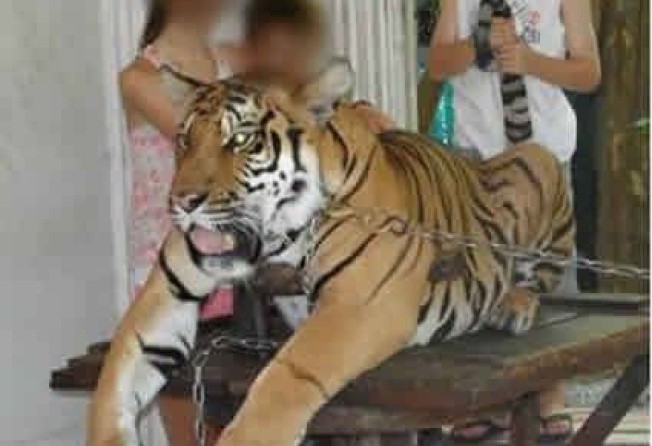
What will happen to the inmates now that their prison has been closed?
According to The Phuket News, Wildlife Friends Foundation Thailand (WFFT) is planning to carry out the “largest tiger rescue in Thailand’s history”, with the animal welfare organisation preparing to take into its care Phuket Zoo’s 11 tigers and two bears.
The animals will be taken to a WFFT sanctuary in Phetchaburi – southwest of Bangkok and a 10-hour drive north of Phuket – but it is unclear whether the big cats will be in their new home when the Year of the Tiger rolls around. For a start, WFFT needs to find the cash to make it happen.
“This rescue will be no small feat for WFFT. The financial resources required to rescue and transport 13 large animals from Phuket to Phetchaburi alone will be significant,” Edwin Wiek, founder and director of WFFT, told The Phuket News. “We are urging our friends in Phuket, in Thailand and around the world to please help with what will be a huge rescue, not only for WFFT, but also tigers in Thailand.”
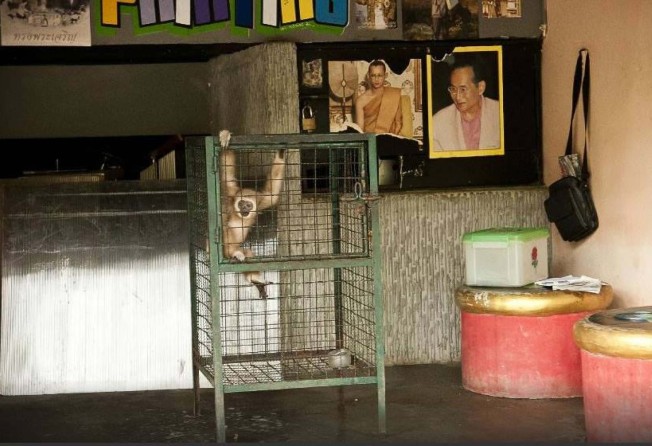
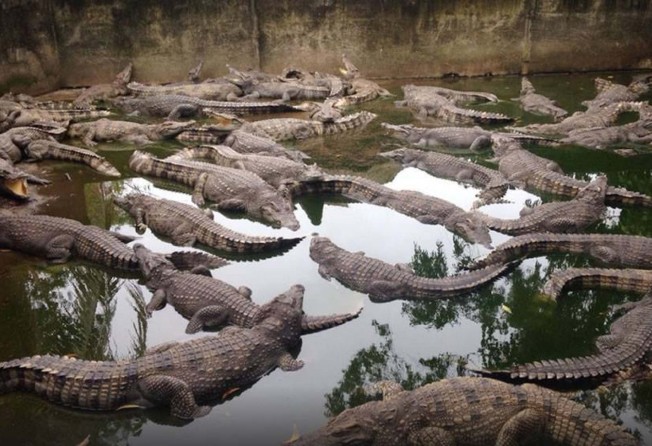
According to Peta, Phuket Zoo’s “elephants will soon be retired to sanctuaries where they will get the care they always deserved”, but as for the other animals, it’s not yet known what will become of them.
Although what could be worse than “hell on Earth”?
Travel industry needs a reset – as do those who present it
What is the point of travel journalism? Not during Covid-19 shutdowns, specifically, but now and in the years to come, as a far more existential menace threatens to end our ways of life?
Destinations Known imagines that savvy Hong Kong readers are aware that with Southeast Asia’s beautiful beaches come shocking amounts of rubbish; that in many of the continent’s cities, the air is thick with the exhaust fumes of countless scooters; and that little of the money spent in a luxury resort will go to the smiling locals who help make the place the oasis that it is.
However, it’s also true that most travel journalism accentuates the positives and buries the negatives involved in seeing the world. Influencers even more so.
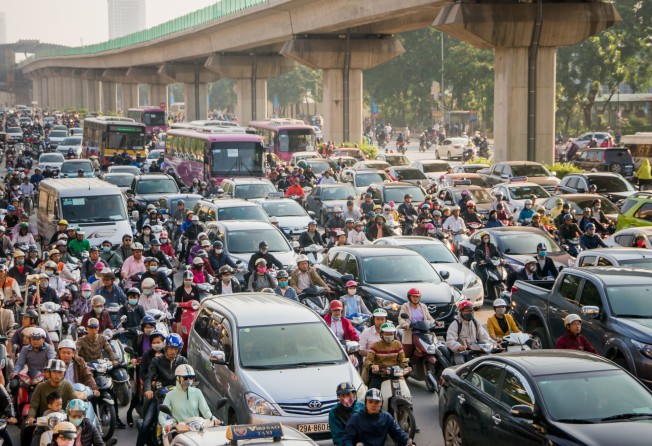
Having people move around the planet for pleasure, in comfort, may never be completely ethical or fully sustainable, but industry commentators have been making the case for the Covid-19 pause being the time to address some of the more egregious economic, social and environmental problems associated with tourism.
And perhaps it’s time to press reset on how the industry is presented, too; after all, how will concerned tourists and other travellers best decide where to spend their increasingly precious carbon budgets if they are not given the full picture?
In a post entitled “It’s Time to Smash the Sanitized Travel Media Model” – on tourism platform Rooted (with apologies to Australian readers) – JoAnna Haugen writes of “solutions journalism”. But a more productive first step might be for journalists to resist the urge to “sell” a place and instead more accurately portray what it’s like to be there, warts and all. Fat chance of that happening with influencers, of course!
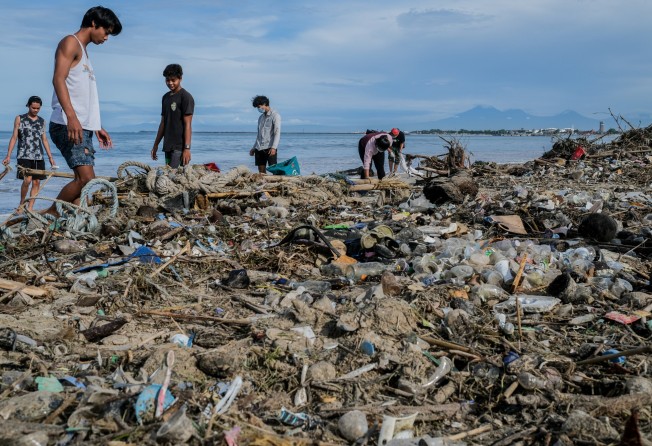
Perhaps journalists will be compelled to respond to a shift in demand seen by Lebawit Lily Girma. In a recent article for travel industry news site Skift headlined “Here’s What Tourism Needs to Start Showing This Year”, she acknowledges that despite the many good intentions expressed over two years of relative inactivity, the industry will probably slip back into bad habits when Covid-19 recedes – at least initially.
“But […] travel’s comeback is unfolding amid a deeply and permanently altered world at the political and social levels. It isn’t just about the changed traveler or a changed tourism board dynamic, but a morphed society and collective mindset. One that demands transparency, action and a proven commitment to sustainability,” she writes.
That may sound like wishful thinking, but who knows? Perhaps the success of the Netflix movie Don’t Look Up may offer some hope.
Having been released on Christmas Eve, in its first 11 days, the film became Netflix’s third most-watched movie of all time. Not bad for a comedy-disaster film with an easy-to-decipher subtext: we are doomed unless we cut through the superficiality and dis/misinformation of modern life, and act decisively against climate breakdown.